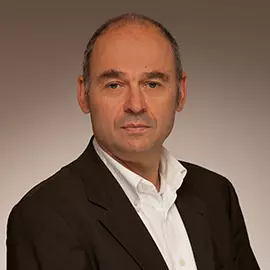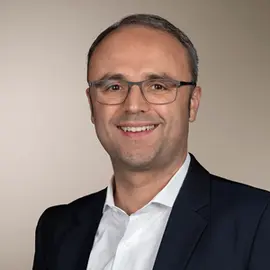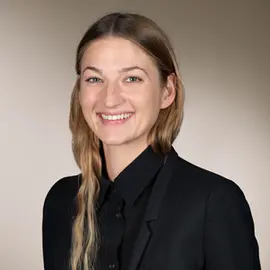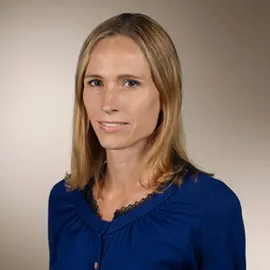Diagnostics and Counselling
Our research focuses on coaching; occupational, academic and career counselling; supervision; mentoring; and organization development. In the area of diagnostics we focus on the development of tests and work instruments in the counselling fields mentioned above.
We not only evaluate counselling processes and services but also develop in this context measurement and testing instruments. In occupational, academic and career counselling we focus particularly on developing diagnostic and work instruments. What effects can be achieved through coaching can be shown taking the example of health prevention. We all know that adequate exercise and a healthy diet are important elements in health promotion.
However, it is hard for people to put these behaviours into practice. Coaching, which is an individual, goal-oriented measure, is often much more successful than pure information or physical training. Further, we study specific features of online coaching and online diagnostics. These make it possible for counsellors or diagnostic experts and clients to meet independent of location and in some cases independent of time. For this we develop online application and e-health systems together with external partners.
Occupational, Academic and Career Counselling
Diagnostics and counselling in the applied field of occupational, academic and career counselling encompasses the development of diagnostic instruments and work means that are used in counselling contexts to specify suitable career or further education options or to guide such processes.
Coaching
We examine and evaluate coaching processes and study factors in their effects. It is important to us that our findings are then translated into practical applications. A special focus of our research is online coaching.
Studies
We are responsible for the curriculum in the areas of intervention, diagnostics and research methods. Counselling, supporting, teaching, providing aid, informing, and making diagnoses are practical psychological activities. Whether or not these activities are effective, how effects can be improved, and development of diagnostic instruments are the field of research. We hold that practice and research not only complement each other but also belong together. In our teaching we therefore consider it important to connect the two perspectives whenever possible.
Modules
- Seminar, Bachelor’s and Master’s Theses
- Quantitative Methods 1-4
- Qualitative Methods 1-3
- Diagnostic Methods 1-3
- Intervention 1-4
- Case Studies 1 & 2
- Laboratory Practical
- Research methods in practice
- Philosophy of Science
- Further Diagnostics






